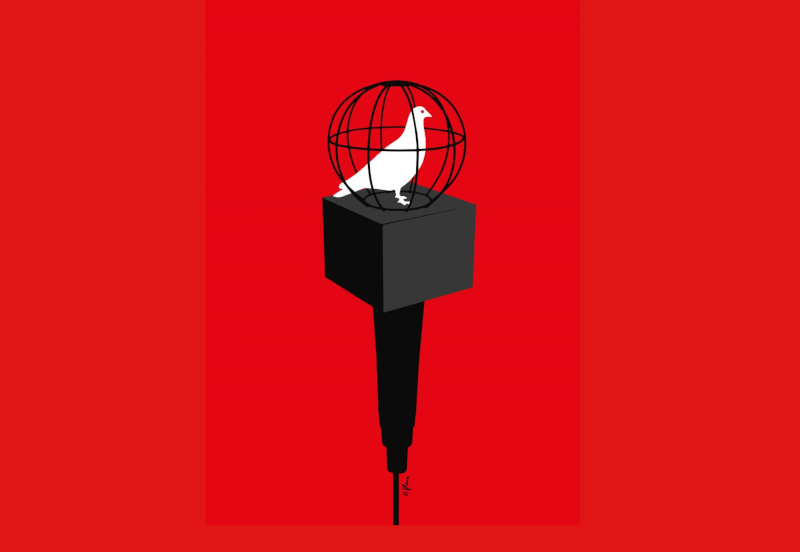As the first media outlet to be managed by a European Cooperative Society (SCE), Voxeurop was determined from the outset to place democratic governance at the heart of its business. In a cooperative, each member is entitled to one vote at the General Meeting, regardless of the share of capital he or she holds. Cooperative status also guarantees employees ownership of the publication for which they work, and gives them majority control. For Voxeurop, as for other cooperative media businesses, the purpose of their endeavour is not to generate profit but to serve a public interest: that of informing citizens.
The idea of employees owning part of their company's capital dates back to the 18th century. The first cooperatives of the time were a way for employees to control the wealth they produced. Workers who were prohibited by law from forming trade unions were thus able to influence their working conditions.
Since then, cooperatives, including press cooperatives, have sprung up all over the world. Germany's Die Tageszeitung is a good example. In 1977, a group of activists and students, inspired by the Libération model, founded the Tageszeitung (also known as the Taz) with the help of a donation campaign. In 1992, growing financial difficulties forced the founders to change their model. They opted for the cooperative model, with the goal of relying on their readers rather than finding a shareholder willing to finance them. Over the years, the Taz has grown in membership and readership. Today, the daily paper edition has a circulation of 50,000 copies a month, the cooperative has 23,000 members and the Taz brand is widely recognized.
The Taz is just one example. The French monthly Alternatives Economiques is also a cooperative, as are the UK's Bristol Cable and Spain's ElDiario.es. These publications cover a wide range of subjects on very different scales, but they share this operating model.
ElDiario.es champions an alternative editorial line and a genuine independence acquired through the contributions of its members. During a question-and-answer session with his readers, editor Ignacio Escolar commented: "Without hesitation, I'd much rather depend on hundreds and thousands of members, people who voice grievances, who complain, who say 'I like this, but not that'. I'd much rather have that kind of pressure from our readers than depend on a dozen advertising companies." He says that readers' financial support has proved invaluable in overcoming money problems, since the cooperative model remains relatively shaky.
Donations and grants are not always a reliable source of income over the long term, and the quest for funding from readers is time-consuming. When a major investment is required, the going gets tough for businesses that don't make a profit and therefore don't have substantial financial reserves. Moreover, even setting up a press cooperative can be fraught with pitfalls. This relatively obscure corporate status requires a major commitment and additional workload on the part of the founders.
And yet cooperatives are exactly the kind of workplaces that make the most room for dialogue. Shareholder-employees and member-readers can influence both the editorial line and the working practices. As the mainstream media faces an ongoing crisis of trust, the cooperative embodies an approach that runs counter to the elitism and opacity of some more traditional newsrooms. And while the cooperative business model can be somewhat precarious, its novel ways of generating income offer an alternative to that of the content platforms, with their syphoning off of advertising revenues.
For the press to perform its role as a pillar of democracy, it must remain free and independent. Cooperatives can guarantee this freedom in the long term, all while encouraging readers to get involved. In their own way, cooperatives are helping to restore public trust in the media.
Do you like our work?
Help multilingual European journalism to thrive, without ads or paywalls. Your one-off or regular support will keep our newsroom independent. Thank you!
















